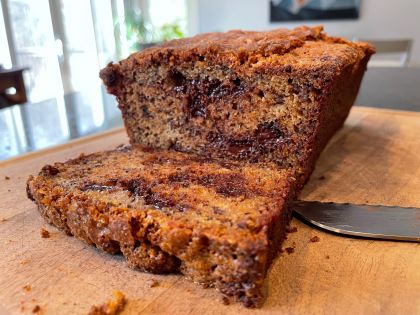The weightiest change, though, is that our veterinarian advised us to keep our hens indoors for 2 to 3 weeks. This is not a step we take lightly, but we are following our veterinarian’s advice because she has earned our trust. We feel very strongly that our chickens should lead good lives and enjoy the outdoors, but if our birds get the flu, they will all die. Keeping them inside for now is the best way to take care of them, our vet says, because it will limit their exposure to wild birds, who carry the virus.
We’re keeping our chickens’ spirits up during the next few weeks. A Minnesota winter can make anyone cranky – even chickens.
We’re keeping our chickens’ spirits up during the next few weeks. Luckily, we already know some tricks for entertaining hens because many of them prefer the warmth of the coop over adventurous outings in snowy winter weather. A Minnesota winter can make anyone cranky – even chickens.
To help the hens have fun, we have been tossing them scratch grains three times a day. Also, we have made toys for them. The most popular toys are large blocks made from two plastic milk crates that are filled with hay and lashed together. Pulling a strand of hay from a block is entertaining, and the hens end up eating it, which gives them a tiny bit of the salad they might be enjoying if they were scratching outside in the summer.

Chickens and chicken farmers alike are both dreaming of sunny days outside again soon













Comments (0)
Add a Comment
Add a Comment